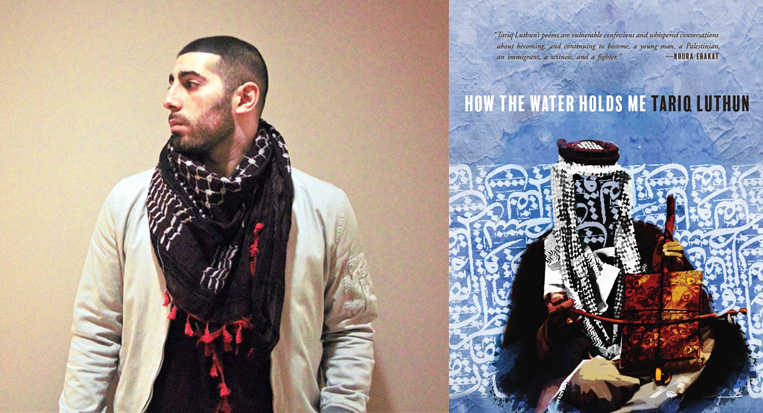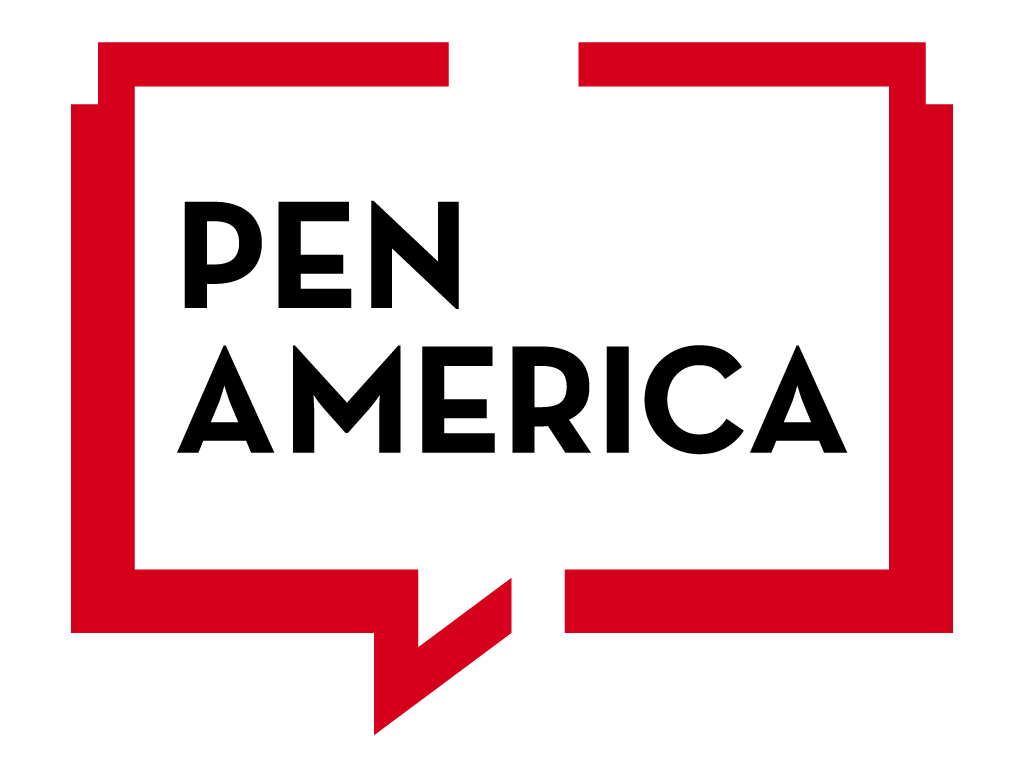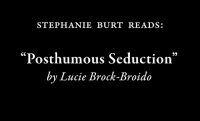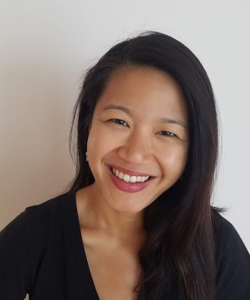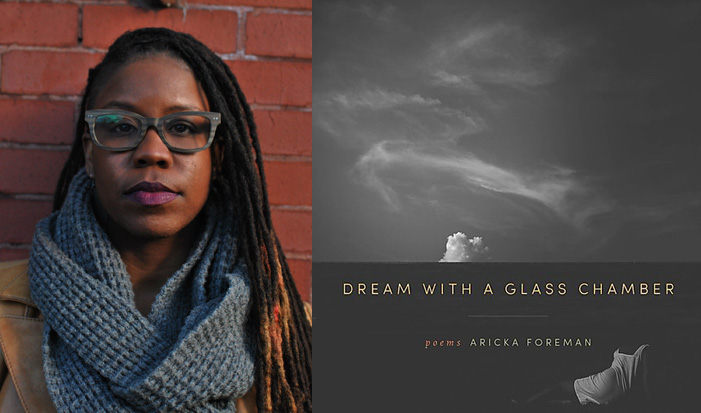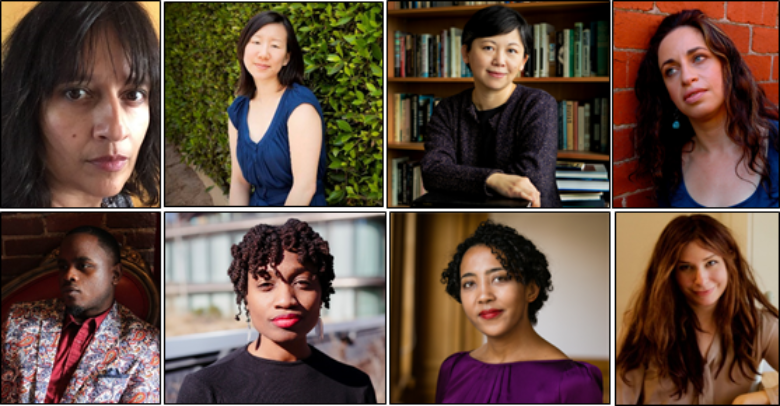Submissions are open for a number of contests with no entry fee. With deadlines ranging from March 31 to May 15, all offer a cash prize of $1,000 or more.
Academy of American Poets James Laughlin Award: A prize of $5,000 is given annually for a second book of poetry by a living poet to be published in the coming calendar year. The winner also receives an all-expenses paid weeklong residency at the Betsy Hotel in Miami Beach, Florida. Copies of the winning book are purchased and distributed to members of the Academy of American Poets. Rick Barot, Gabrielle Calvocoressi, and Honorée Jeffers will judge. Deadline: May 15.
American Literary Translators Association Italian Prose in Translation Award: A prize of $5,000 is given annually for a book of fiction or nonfiction translated from Italian into English and published in the previous calendar year. Submissions may be made by publishers or translators. Deadline: April 20.
American Literary Translators Association Lucien Stryk Asian Translation Prize: A prize of $5,000 is given annually for a book of poetry or a text from Zen Buddhism translated from an Asian language into English and published in the previous calendar year. Books translated from Chinese, Hindi, Japanese, Kannada, Korean, Sanskrit, Tamil, Thai, or Vietnamese into English are eligible. Submissions may be made by publishers or translators. Deadline: April 20.
Poetry Foundation Ruth Lilly and Dorothy Sargent Rosenberg Poetry Fellowships: Five fellowships of $25,800 each are given annually to U.S. poets between the ages of 21 and 31. Deadline: April 30.
Restless Books Prize for New Immigrant Writing: A prize of $10,000 and publication by Restless Books is given in alternating years for a debut book of fiction or nonfiction by a first-generation immigrant. The 2020 prize will be given in fiction. Writers who have not published a book of fiction in English are eligible. Dinaw Mengestu, Achy Obejas, and Ilan Stavans will judge. Deadline: May 1.
Saif Ghobash Banipal Prize for Arabic Literary Translation: A prize of £3,000 (approximately $3,945) is given annually for a book of poetry or fiction translated from Arabic into English and published for the first time in English during the previous year. Translations of Arabic works of poetry or fiction originally published in 1967 or later and published between April 1, 2019, and March 31, 2020, are eligible. Deadline: March 31.
Waterston Desert Writing Prize: A prize of $2,500 and a two-week residency at the PLAYA artists and scientists' retreat in Summer Lake, Oregon, is given annually for a nonfiction work-in-progress that “recognizes the vital role deserts play worldwide in the ecosystem and the human narrative, with the desert as both subject and setting.” The winner will also be provided with travel and lodging to attend a reception and awards ceremony at the High Desert Museum in Bend, Oregon, in June. Deadline: April 1.
Whiting Foundation Creative Nonfiction Grants: Up to eight grants of $40,000 each are given annually for creative nonfiction works-in-progress to enable writers to complete their books. Creative nonfiction writers under contract with a publisher are eligible. Deadline: May 4.
Willie Morris Award for Southern Fiction: A prize of $10,000 is given annually for a novel published during the previous calendar year that is set in the South and reflects Willie Morris’s “hope for belonging, for belief in a people’s better nature, for steadfastness against all that is hollow or crass or rootless or destructive.” The winner will also receive an all-expenses paid trip to Oxford, Mississippi, in fall 2020 for an award ceremony. Deadline: May 1.
Willie Morris Award for Southern Poetry: A prize of $2,500 is given annually for a single poem that evokes the American South. Susan Kinsolving will judge. Deadline: May 1.
Winning Writers Wergle Flomp Humor Poetry Contest: A prize of $1,000 and publication on the Winning Writers website is given annually for a humorous poem. Jendi Reiter will judge. Deadline: April 1.
Visit the contest websites for complete guidelines, and check out the Grants & Awards database and Submission Calendar for more contests in poetry, fiction, and creative nonfiction.






